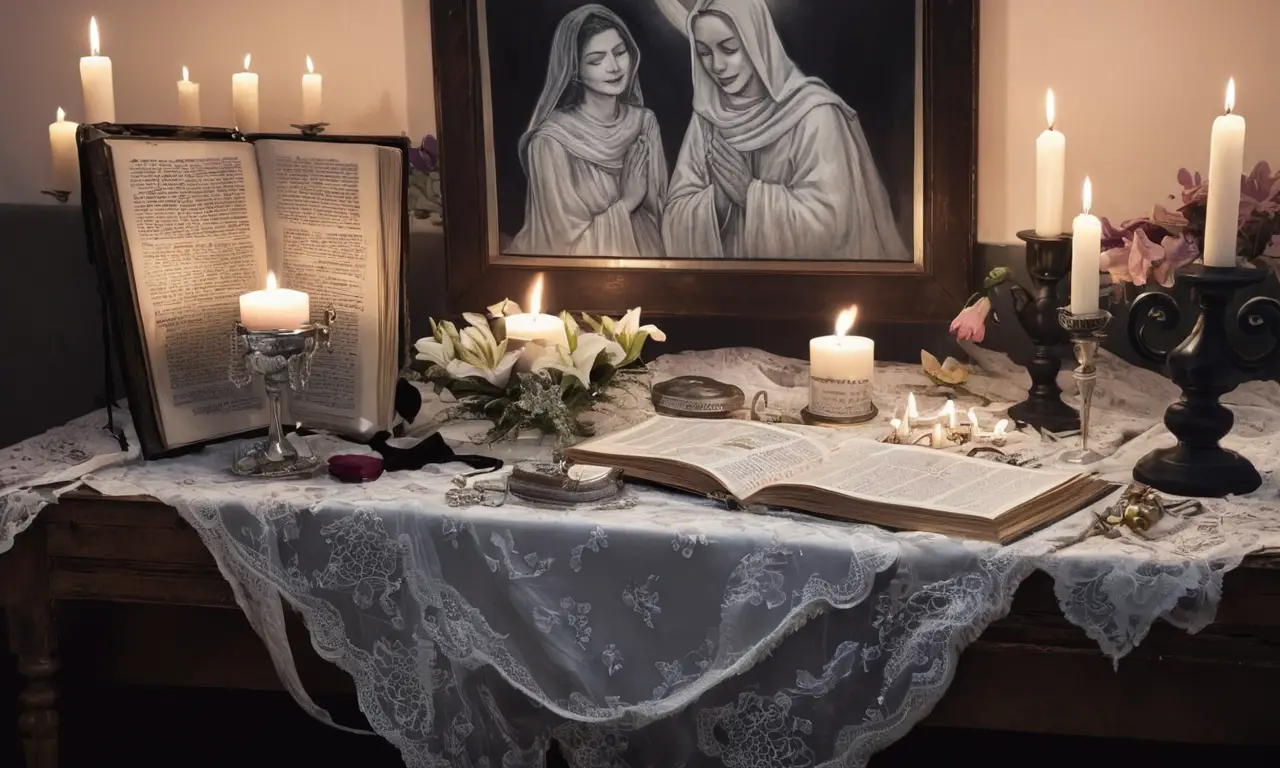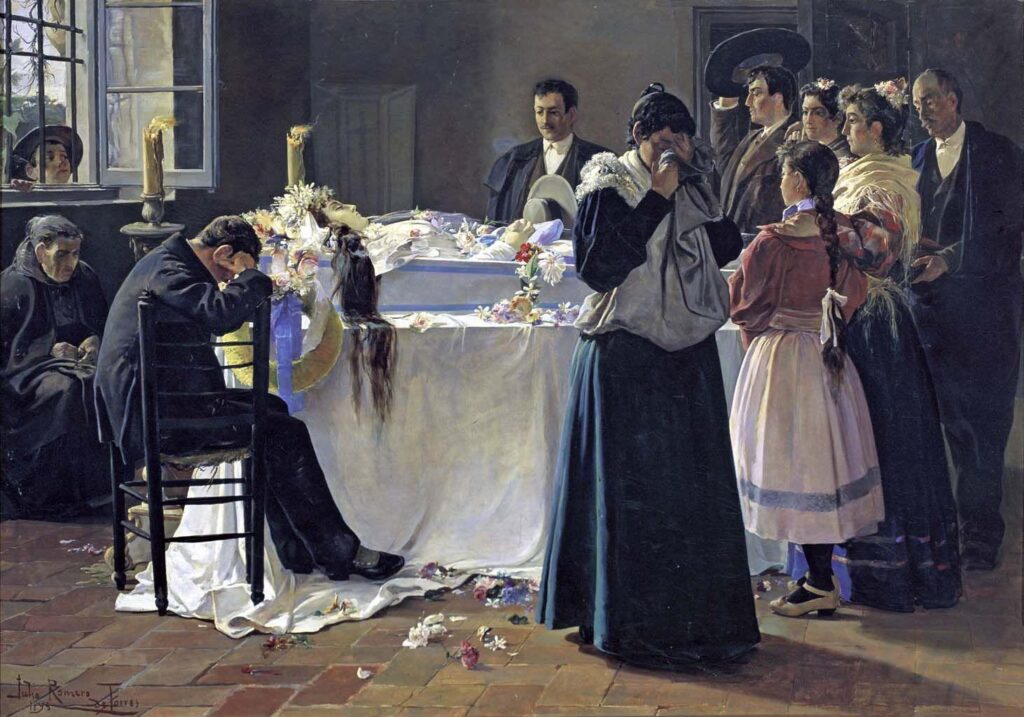A wake is a deeply personal and meaningful tradition observed by many cultures around the world. It serves as a poignant gathering where loved ones come together to pay their respects to a deceased individual before their funeral. This time of remembrance allows for shared grief, support, and celebration of the life lived.
This article delves into the intricacies of wakes, exploring their purpose, traditions, etiquette, and the comforting rituals that often unfold during these gatherings. By understanding the significance of wakes, we can better navigate this sensitive period and offer meaningful support to grieving families.
What is a Wake?
A wake is essentially a vigil held in honor of someone who has passed away. It typically takes place at a funeral home or a designated location chosen by the family. The core element of a wake is the opportunity for friends and family members to gather, pay their respects, and offer condolences to the bereaved.
What happens at a wake often involves viewing the deceased’s body, usually in an open casket. This allows loved ones to have one final glimpse and say goodbye. While some wakes are somber affairs focused on quiet reflection, others incorporate elements of celebration, sharing stories, and reminiscing about the life of the departed.
Purpose of a Wake

Wakes serve multiple important purposes within the grieving process. Primarily, they provide a space for loved ones to come together and offer support to one another during a difficult time. Sharing grief and memories can be incredibly therapeutic and help individuals cope with their loss.
Furthermore, wakes allow families to publicly acknowledge the death of their loved one and begin the process of healing. The act of gathering and honoring the deceased can bring a sense of closure and comfort. Wakes also serve as an opportunity for friends and family members who may not have been close to the deceased to express their condolences and offer support to the grieving family.
Traditions and Customs at a Wake
Traditions surrounding wakes vary widely depending on cultural, religious, and personal beliefs. Some common customs include:
Viewing the Body
In many cultures, viewing the body is an integral part of a wake. It allows loved ones to have one final farewell and say goodbye.
Sharing Memories
Wakes often involve sharing stories and memories about the deceased. This can be done through informal conversations, prepared eulogies, or slideshow presentations. Remembering the good times and celebrating the life lived can bring comfort and joy during a time of sadness.
Offering Condolences
Guests typically offer condolences to the grieving family by expressing their sympathy verbally or through written cards.
Religious Rituals
Some wakes incorporate religious rituals specific to certain faiths, such as prayers, readings from sacred texts, or hymns.
Wake Etiquette

Attending a wake requires sensitivity and respect for the grieving family. Here are some etiquette guidelines to keep in mind:
- Dress Appropriately: Opt for modest and respectful attire. Darker colors are generally considered appropriate.
- Be Mindful of Noise Levels: Keep conversations hushed and avoid loud laughter or boisterous behavior.
Offer Condolences Sincerely: Express your sympathy genuinely and offer words of comfort to the family. Avoid clichés or platitudes.
Respect Personal Space: Be aware of personal boundaries and avoid crowding or touching the grieving family unless invited.
Food and Refreshments at a Wake
Food and refreshments are often served at wakes, providing sustenance and a sense of normalcy during a difficult time. Common offerings include:
- Light Snacks: Finger sandwiches, cookies, fruit platters, and coffee are popular choices.
- Hearty Meals: In some cases, families may opt for a full meal to accommodate guests who have traveled long distances or need nourishment after a period of mourning.
Conclusion
Wakes serve as a vital part of the grieving process, offering a space for loved ones to come together, honor the deceased, and support one another during a time of loss. By understanding the purpose, traditions, and etiquette surrounding wakes, we can navigate these sensitive gatherings with respect and compassion. Remember that the most important thing is to offer your genuine condolences and support to the grieving family as they navigate their journey through grief.



